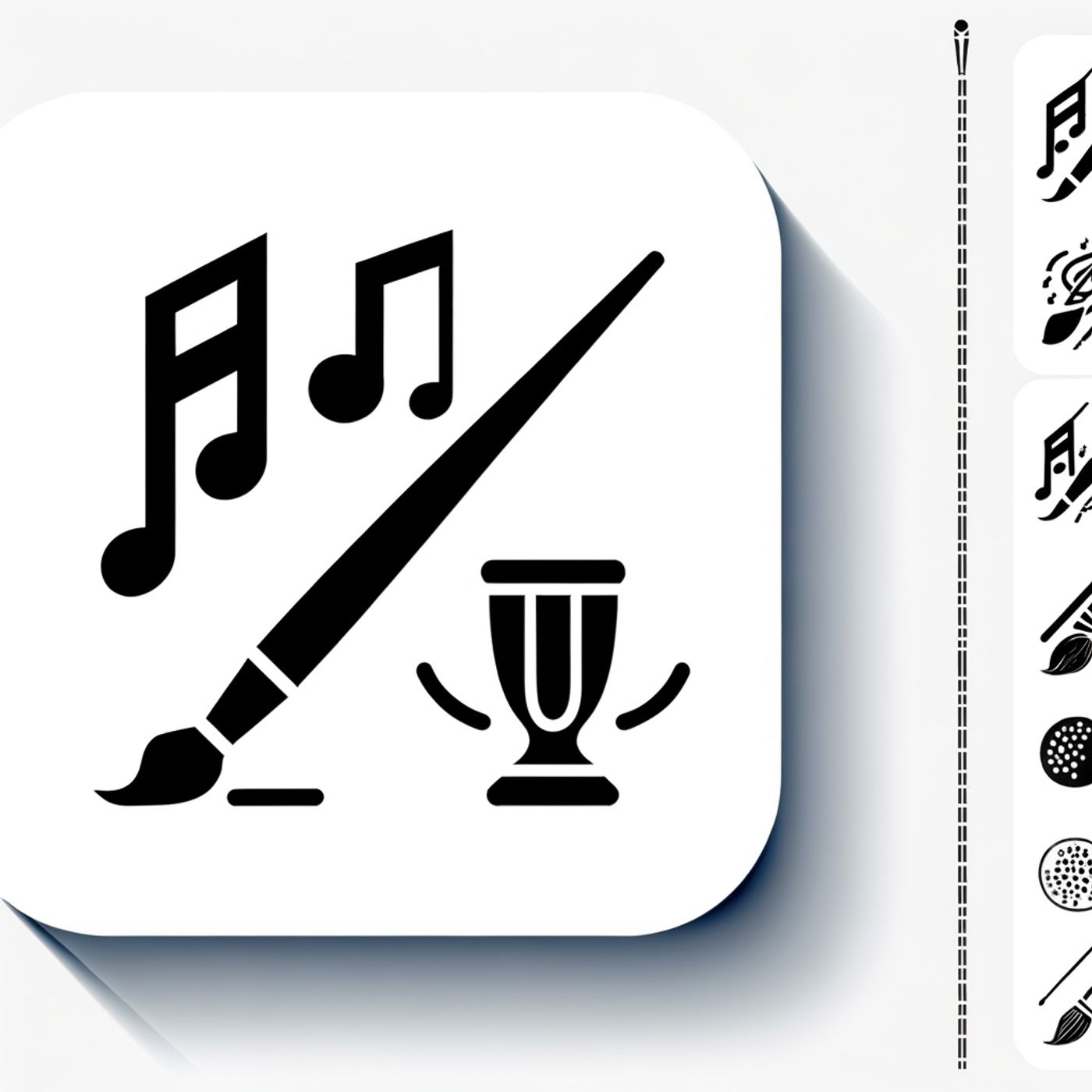Episode Details
Back to Episodes
The Science of Skill Mastery: How Deliberate Practice and Smart Strategies Transform Learning and Performance
Published 3 months, 2 weeks ago
Description
Practice makes perfect isn’t just a motivational phrase—it refers to a well-researched phenomenon in psychology and neuroscience. Neuroscientists at Rockefeller University and UCLA, publishing in Nature, found that repeated practice builds and strengthens neural pathways, gradually transforming the brain’s memory circuits from a fragile state to a stable one. Research by the University of Cambridge also confirms that consistent practice accelerates skill learning. Both findings not only validate the phrase but reveal its scientific underpinnings.
The idea that mastery is achieved through endless repetition is a myth. Performance psychologist K. Anders Ericsson highlights in his research that what separates experts from everyday performers is not innate talent but years of deliberate practice, where each session targets weaknesses and sets clear improvement goals. Serena Williams, world tennis champion, and Yo-Yo Ma, renowned cellist, credit their success to this kind of focused, feedback-driven work. Williams reportedly reviews game footage daily, using expert coaching to tweak subtle mistakes, while Ma has described breaking complex pieces into manageable phrases and pushing himself beyond comfort zones.
Listeners looking to improve their routines should consider several strategies. First, break big goals into small, clear steps. Second, switch up the environment and methods to boost neuroplasticity; for example, you might study a language using podcasts one week and immersive conversations the next. The Pomodoro technique—25 minutes focused work, 5 minutes rest—offers a proven balance between energy and concentration. For plateau-busting, platforms like TeachMe.To and mentorship networks offer expert feedback and tailored advice. According to Ness Labs, tracking progress using journals or apps can help sustain motivation.
Relentless practice, however, has risks. Burnout and plateauing affect all learners, not just elite performers. Experts suggest incorporating breaks and reflection, as the brain needs downtime to consolidate learning. Without this, performance stagnates and mental health may suffer. To overcome plateaus, swap routines, set new challenges, seek coaching, and manage cognitive load.
The takeaway: mastery is not about endless, mindless repetition but about deliberate, targeted effort—supported by feedback, variety, rest, and resilience. Practice does make perfect, but only when it’s smart, intentional, and balanced.
This content was created in partnership and with the help of Artificial Intelligence AI
The idea that mastery is achieved through endless repetition is a myth. Performance psychologist K. Anders Ericsson highlights in his research that what separates experts from everyday performers is not innate talent but years of deliberate practice, where each session targets weaknesses and sets clear improvement goals. Serena Williams, world tennis champion, and Yo-Yo Ma, renowned cellist, credit their success to this kind of focused, feedback-driven work. Williams reportedly reviews game footage daily, using expert coaching to tweak subtle mistakes, while Ma has described breaking complex pieces into manageable phrases and pushing himself beyond comfort zones.
Listeners looking to improve their routines should consider several strategies. First, break big goals into small, clear steps. Second, switch up the environment and methods to boost neuroplasticity; for example, you might study a language using podcasts one week and immersive conversations the next. The Pomodoro technique—25 minutes focused work, 5 minutes rest—offers a proven balance between energy and concentration. For plateau-busting, platforms like TeachMe.To and mentorship networks offer expert feedback and tailored advice. According to Ness Labs, tracking progress using journals or apps can help sustain motivation.
Relentless practice, however, has risks. Burnout and plateauing affect all learners, not just elite performers. Experts suggest incorporating breaks and reflection, as the brain needs downtime to consolidate learning. Without this, performance stagnates and mental health may suffer. To overcome plateaus, swap routines, set new challenges, seek coaching, and manage cognitive load.
The takeaway: mastery is not about endless, mindless repetition but about deliberate, targeted effort—supported by feedback, variety, rest, and resilience. Practice does make perfect, but only when it’s smart, intentional, and balanced.
This content was created in partnership and with the help of Artificial Intelligence AI